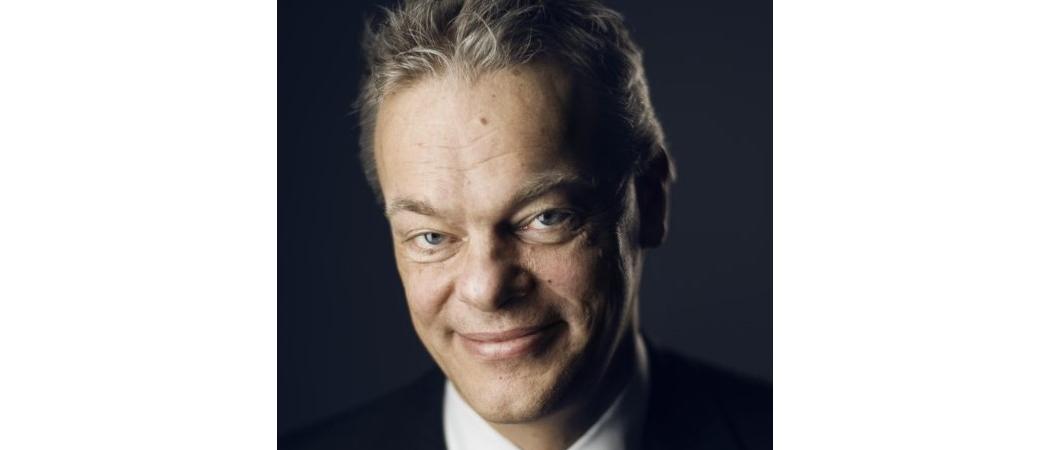Politicians should not overlook the role played by basic research in a year of rapid vaccine development, says Nobel prize winner and neuroscientist Edvard Moser

Edvard Moser, 2014 Nobel Prize in Physiology or Medicine; Founding Director, Kavli Institute for Systems Neuroscience, Norwegian University of Science and Technology (NTNU).
Nobel prize winner Edvard Moser is calling on EU officials not to undervalue the critical role early-stage science has played in paving the way for the rapid development of COVID-19 vaccines this past year.
“None of this could have happened if there hadn’t been a mountain of basic research in front of the pandemic. All of this builds on a huge amount of knowledge,” said Moser, founding director of the Kavli Institute for Systems Neuroscience and co-director of the Centre for Neural Computation at the Norwegian University of Science and Technology in Trondheim.
Moser shared the 2014 Nobel prize for the discovery of cells “that constitute a positioning system in the brain”. This system, or “inner GPS”, makes it possible to orient ourselves in space and shows there is a cellular basis for higher cognitive function.
The prize was jointly-awarded to Moser’s then-wife May-Britt Moser, making them the second married couple to win a Nobel in medicine, and to British-American scientist John O’Keefe.
O’Keefe discovered the first component of the positioning system, the place cell, in 1971. More than three decades later, in 2005, the Mosers discovered a second key cell, the grid cell.
Moser, who has been doing experimental research for over 30 years, said the often-painstaking pace of science is necessary for breakthroughs, even if the benefits don’t show for a while. “Keeping room for trial and failure is important,” he told Science|Business.
That makes him a firm supporter of the European Research Council (ERC), the EU’s funding agency for fundamental research. With an annual budget of just over €2 billion in 2019, ERC distributes money to star scientists. These include Moser, who has won three ERC grants, most recently a €9.8 million synergy grant, for which the research began at the start of this month.
“Its research budget has been under threat a number of times,” he said. “[Cutting its budget] is not the smart thing to do. [ERC funding] is a game changer. This is really the cutting edge, where you go into the unknown and find unexpected things.”
Members of the European Parliament in December saw off the most recent threat to the agency’s budget, successfully negotiating for an additional €1.1 billion that increases ERC’s seven-year budget above €16 billion.
The human factor
For Moser, the revelation of the past year is, “How much you can do if you put a lot of resources into something.” Huge number of scientists have worked together to deal with the pandemic. “[It’s] like the moon landing,” he said. “It’s not so common that so much effort is put into one problem in a coordinated way,” he said. “But if you invest enough, you can solve problems.”
In these socially-distanced times, there has been little else to cheer. “I’m an experimentalist, I’m running a lab, and we never had to close. But we miss the human factor,” Moser said.
Since the discovery of grid cells in 2005, Moser has discovered other nerve cells that are involved in coordination and navigation. With the ERC grant that started this month, he will investigate how these different cells interact with each other to process information. It is hoped this research in ‘neural computation’ will provide greater insights into how the brain produces subjective experience.
He and May-Britt Moser did not know it at the time they discovered grid cells, but these cells reside in the area of the brain that is the first to be undermined by Alzheimer’s disease. It is hoped the ERC-funded study of how different cells resident here work together will lead to greater understanding of the early stages of the neurodegenerative disease.
“The field has been a little bit stuck for years. However, I’m optimistic about finding early triggers. It requires time and investment,” said Moser.
Science will enter a “new era” after the pandemic, Moser said, pointing to the rapid uptake of academic research that has happened in the last 12 months, such as the translation of synthetic messenger RNA into approved COVID-19 vaccines “This pandemic is the first time we’ve seen mRNA [used]. The big steps are the revolutions that drive science.”





 A unique international forum for public research organisations and companies to connect their external engagement with strategic interests around their R&D system.
A unique international forum for public research organisations and companies to connect their external engagement with strategic interests around their R&D system.